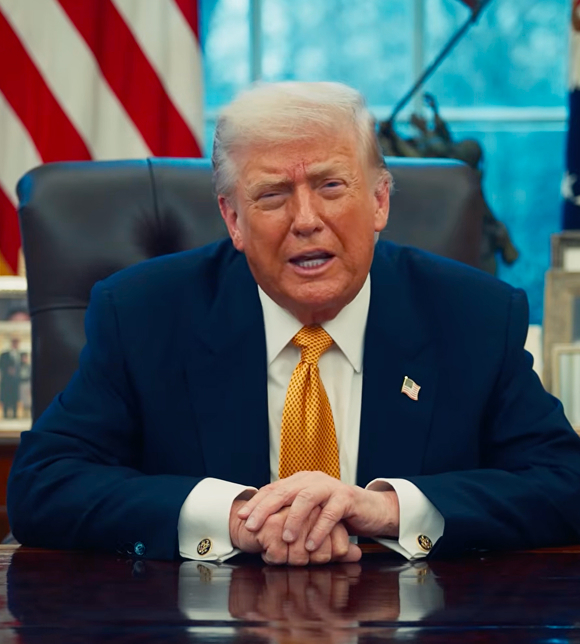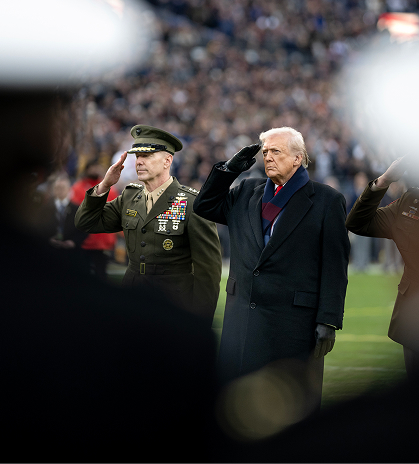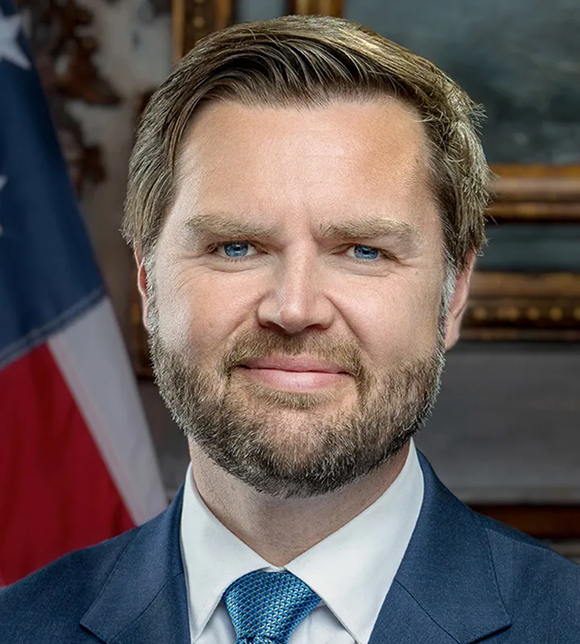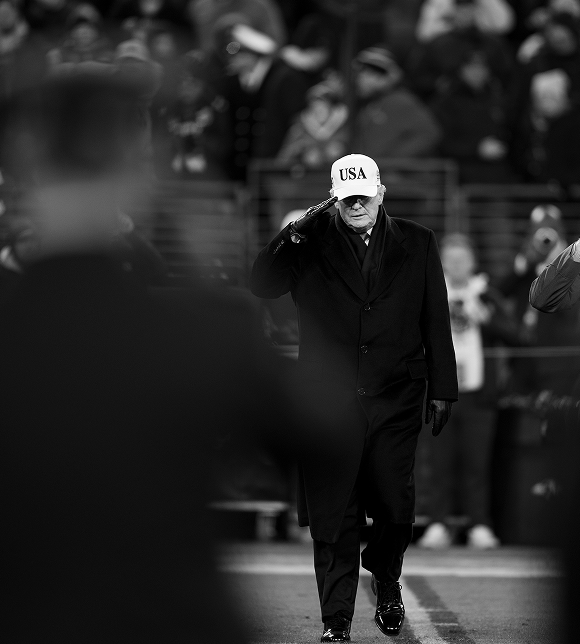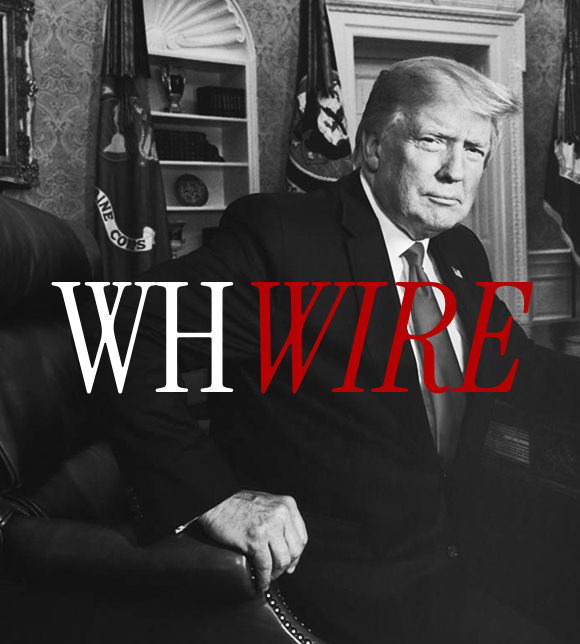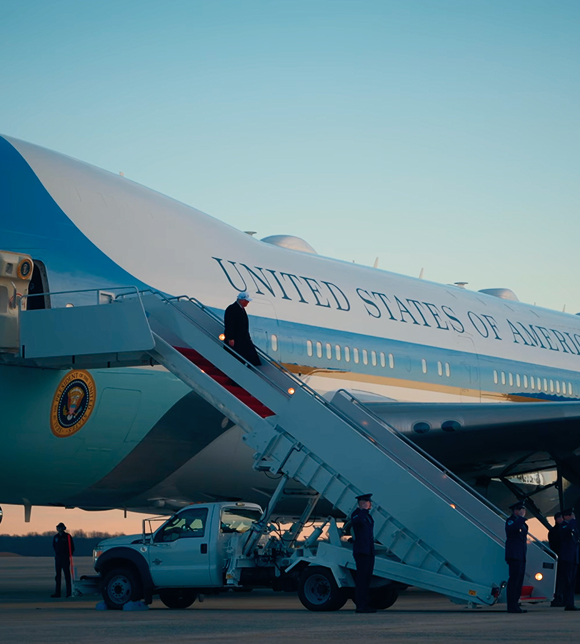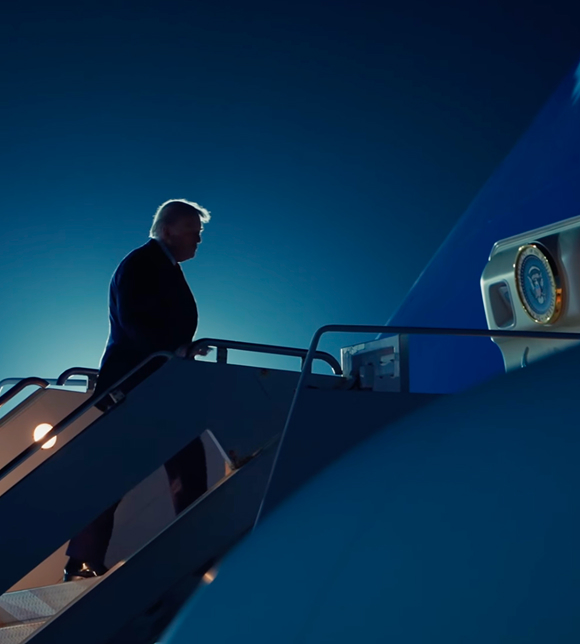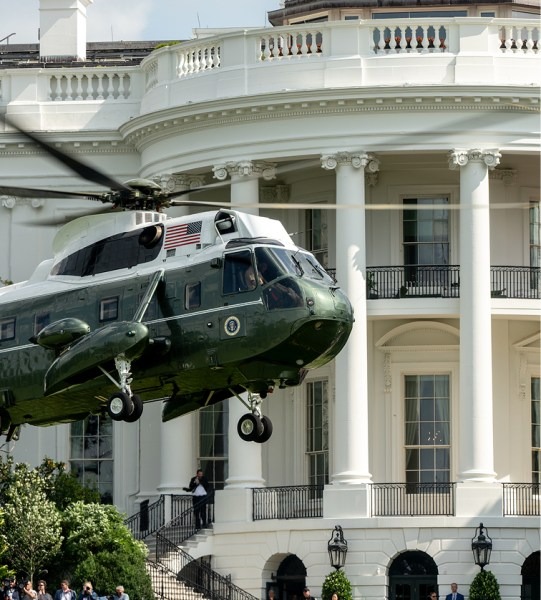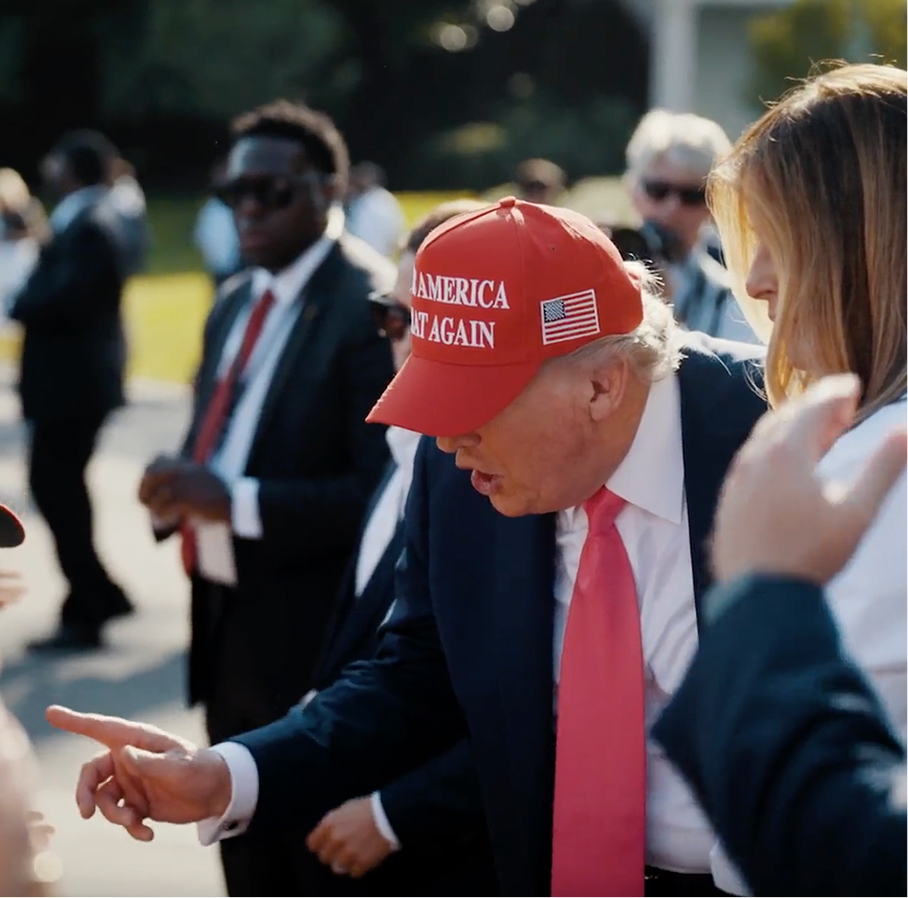Fact Sheet: President Donald J. Trump Exempts Agencies with National Security Missions from Federal Collective Bargaining Requirements
PROTECTING OUR NATIONAL SECURITY: Today, President Donald J. Trump signed an Executive Order using authority granted by the Civil Service Reform Act of 1978 (CSRA) to end collective bargaining with Federal unions in the following agencies with national security missions:
- Hydropower Facilities in the Bureau of Reclamation. Energy security is a critical national security mission. The Bureau of Reclamation operates 53 hydropower plants that generate enough electricity to power 3.8 million homes. These hydropower plants provide critical black start capacity (the ability to resume operations without requiring external power). This is important for restarting the electric grid in case of a major outage.
- National Aeronautics and Space Administration (NASA). NASA develops and operates advanced air and space technologies, like satellite, communications, and propulsion systems, that are critical for U.S. national security.
- National Environmental Satellite, Data, and Information Service (NESDIS) and National Weather Service (NWS), each part of the National Oceanic and Atmospheric Administration. NWS was first established as a subdivision of the U.S. Army Signal Service Corps. Today NWS and NESDIS provide weather and climate data that inform the weather forecasting used to plan U.S. military deployments. Weather forecasts have long been critical factor in the success or failure of military operations.
- Office of the Commissioner of Patents, Patent and Trademark Office (PTO). The Invention Secrecy Act tasks the PTO with reviewing inventions made in the United States, assessing whether their release could harm national security, and if so, issuing secrecy orders that prevent public disclosure. Effectively performing this work is essential to ensuring U.S. inventions with military or other national security applications do not fall into enemy hands.
- U.S. Agency for Global Media (USAGM). USAGM is an arm of U.S. public diplomacy; supporting U.S. national security is one of its key functions.
ENSURING THAT AGENCIES OPERATE EFFECTIVELY: Certain procedural requirements in Federal labor-management relations can create delays in agency operations. These delays can impact the ability of agencies with national security responsibilities to implement policies swiftly and fulfill their critical missions.
- Collective bargaining agreements (CBAs) remain in effect until their expiration, limiting agencies’ ability to modify policies promptly.
- Even when changes are permissible under CBAs, agencies must complete “midterm” union bargaining, which can delay the implementation of time-sensitive national security measures.
SAFEGUARDING AMERICAN INTERESTS: President Trump is taking action to ensure that agencies vital to national security can execute their missions without delay and protect the American people. The President needs a responsive and accountable civil service to protect our national security.
